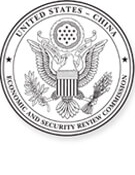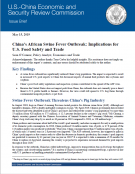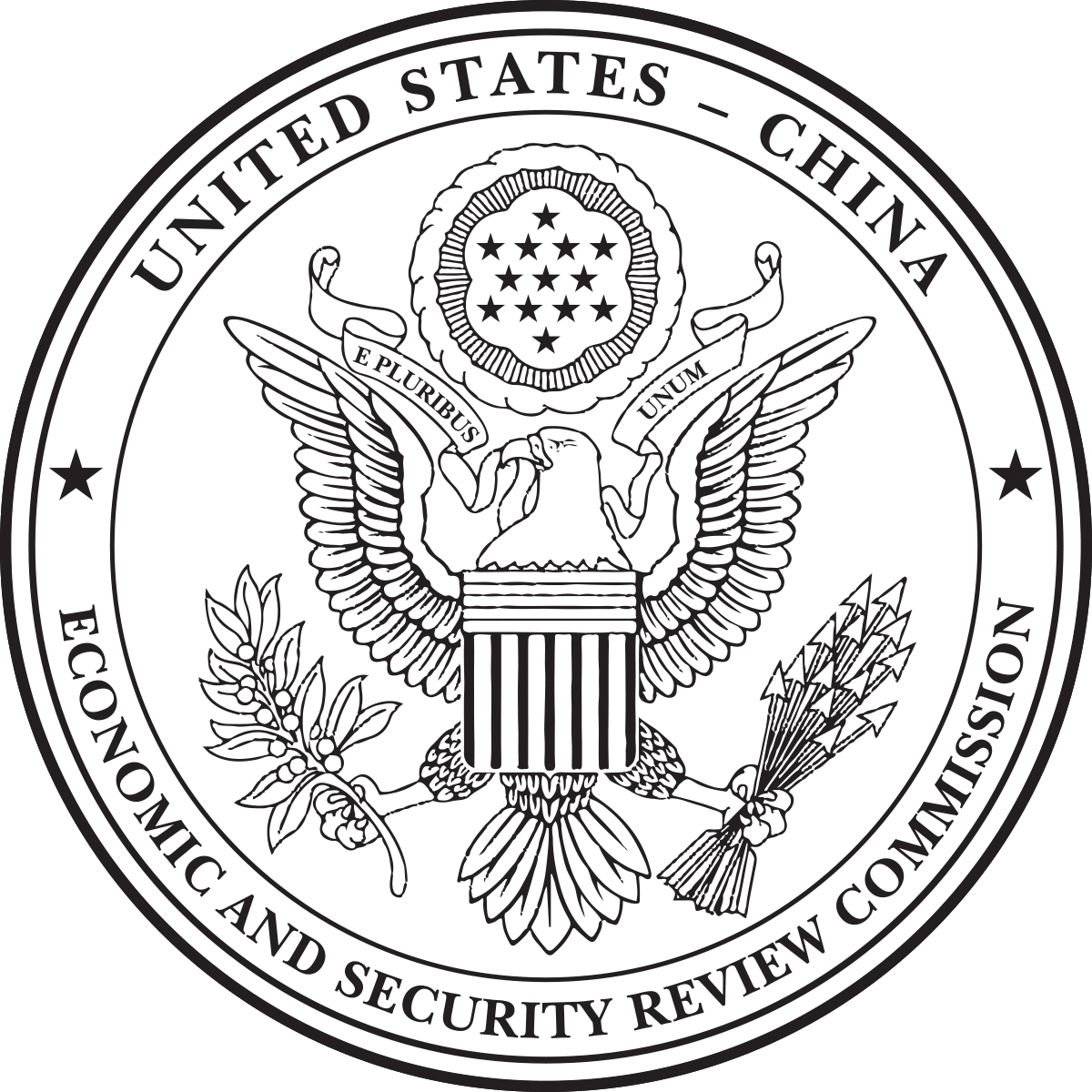×
Filter Results
Filter Results

Research
The U.S.-China Economic and Security Review Commission invites submission of proposals to provide a one-time unclassified report on developments in China’s military and dual-use logistics capabilities to support expeditionary operations beyond China’s borders.




Staff Paper
Over the past two decades, the Chinese People’s Liberation Army (PLA) has expanded its involvement in humanitarian assistance and disaster relief (HA/DR) missions outside China’s borders. Through its contributions to HA/DR, Beijing has provided important assistance to disaster-stricken populations and sought to burnish its image as a “responsible stakeholder” in the international system. At the same time, Beijing routinely allows political considerations to guide its participation in HA/DR missions, violating the humanitarian spirit of these operations and suggesting Chinese leaders may view HA/DR less as a global good than an instrument of influence. Moreover, the PLA has cooperated haltingly with international partners during these missions and at times willfully disregarded best practices for military participation in HA/DR. This report examines the drivers behind the PLA’s increasing participation in HA/DR abroad; the impact, both positive and problematic, of the PLA’s involvement in several recent multinational disaster relief operations; and the implications of the PLA’s involvement in and approach to these missions for the United States.



Issue Brief
In 2018, China reported several cases of African swine fever, or ASF, a highly contagious disease that is deadly to pigs. The disease has now spread throughout China, where it has already reduced the country’s hog population by more than 50 million, and throughout other countries in Asia. This report provides an overview of the ASF outbreak in China, the implications for U.S. exports of pork and animal feed products, and the risks posed to U.S. food safety and food security.
